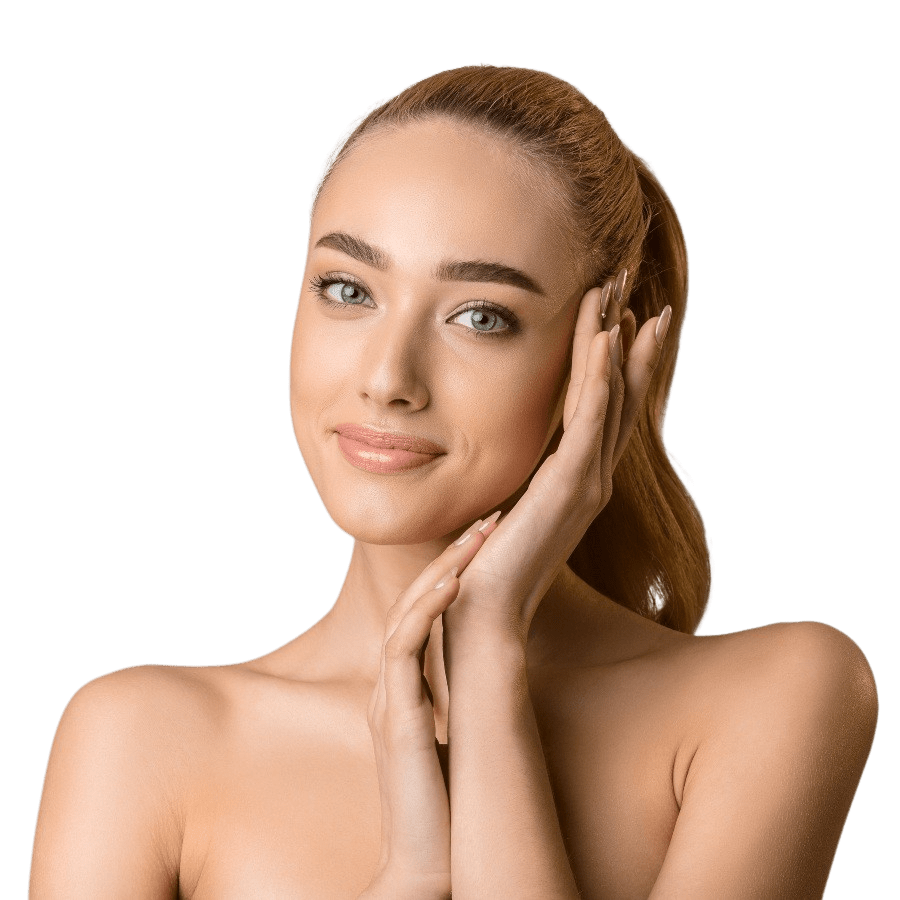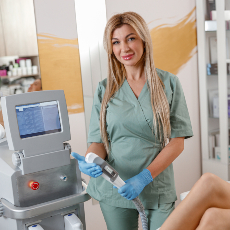Now, 2,502 days into sobriety, I welcome bedtime each night. I am capable of being alive, which means I feel them all. I take pride in the full spectrum of emotions because, because of this, my capacity for feeling has expanded along with my breath.
Medical Disclaimer
Physical activity promotes better sleep by helping to regulate mood and decompress the mind. However, exercising right before bed can be stimulating. It’s best to complete any vigorous activity at least three hours before bedtime.
ADHD insomnia: How does having ADHD affect sleep?
- It fades away, along with the anxieties and feeling of dependency.
- Read on to discover the science behind this and for some proven solutions to change this habit.
- This is due to there being an observable reduction in REM sleep (rapid eye movement).
- Alcohol also affects circadian rhythms – the 24-hour body clock that responds to environmental light cues in order to synchronise our sleep-wake cycle.
When you undergo hypnosis, or self-hypnosis, your mind falls into a deeply suggestible state. The suggestions you hear while in this deeply relaxed state help reset your mind. Hypnosis speaks to the conscious ‘thinking’ part of your brain, which in turn speaks with your subconscious mind. It may sound basic, but often the simplest things have the best results. Now that you know what the issues are, and the ways you can solve them, keep at it! If you normally have two glasses of wine with your evening meal, cut back to one.
Magnesium for Hot Flashes and Night Sweats: Does It Really Help?
Reducing alcohol intake can reverse these negative impacts on sleep. If alcohol is consumed before bed, it can initially have a sedative effect—making you fall asleep more quickly. Furthermore, alcohol’s influence extends beyond a single night’s rest. Chronic use can lead to the development of sleep disorders, including insomnia and sleep apnea. Individuals who indulge in alcohol before bedtime often experience insomnia symptoms and feel excessively tired the next day. The prevalence of sleep apnea, a serious condition characterized by breathing interruptions during sleep, is also increased with alcohol consumption.
- Melatonin is a key hormone to circadian rhythm output.
- Eye movement increases, often seeming to jerk around, breathing increases and can be irregular and shallow, blood pressure increases and dreams begin.
- The first thing I did was download a meditation app.
- Medical disclaimerYou must not rely on the information provided on our website as an alternative to medical advice from your doctor or other healthcare professionals.
Don’t drink close to bedtime
Sleep is so incredibly important for so many different areas of life. A common complaint of people who are trying to quit drinking, or looking for reasons to keep drinking and are hesitant to try, is that they can’t sleep without alcohol. Hypnosis itself is not sleep, but it is a deeply relaxing therapeutic procedure. You may feel lulled to the edge of sleep, you might even fall asleep during a session! Don’t worry, that’s fine – particularly if your aim is to overcome insomnia!
Telling People You Don’t Drink Alcohol
A great way to move away from needing alcohol to sleep is adjusting your sleep routine. We’ve covered more on when to stop drinking before bed here. And RISE can give you an exact time each day based on your circadian rhythm.
I always did at least the bare minimum taking a wipe to my face and brushing my teeth before I stumbled to bed. I was drunk and messy on the inside, but still marching to a strict set of rules to keep it clean on the outside. If this is the case, try to find some relaxing way to ease your mind when you go to bed. You could listen to an audio book, or some soft music. Some people also find journaling helps them to reduce feelings of anxiety.
No matter what you do, whether counting sheep or playing calming sounds, falling asleep seems more of a chore than something that happens naturally. While alcohol can make you feel you drowsy initially, the quality that drunken slumber provides is not very productive. Delta Pattern brain activity slows down, decreasing the effectiveness of memory and learning formation. At the same time, Alpha Pattern brain activity speeds up, which normally does not occur during sleep. Combined, these competing brain activities inhibit quality sleep. Sometimes, when people quit drinking, they’ll feel depressed or just sad and down, so you can learn more about depression after quitting drinking.
Addiction Treatment
Sleep is an essential part of overall health and well-being. If you’re having trouble sleeping, don’t hesitate to talk to your doctor about it. There are many treatment options available that can help you get the restful sleep you need. If you’re trying to quit drinking alcohol, don’t substitute it with another substance such as cigarettes or drugs.
In this article you’ll learn what drinking alcohol to fall asleep does to your brain and body. And we’ll tell you some healthier alternative ways of getting to sleep at night without alcohol. While it may take longer for sleep and circadian rhythms to return to normal in people who drink more often in higher amounts, quitting alcohol can help.
That urge to pour a drink as night-time approaches? It fades away, Sober Houses Rules That You Should Follow along with the anxieties and feeling of dependency. Replaced instead by positive thoughts, tranquility and peace of mind. Most people need quiet, cool, dark sleeping environments to fall asleep and stay asleep.
Learn how to get control of your drinking with our FREE webinar on quitting drinking. Uplift Recovery Center provides you with recovery in a loving, professional environment. Navigating the journey to sleep better without alcohol https://yourhealthmagazine.net/article/addiction/sober-houses-rules-that-you-should-follow/ can be challenging but is incredibly rewarding.

